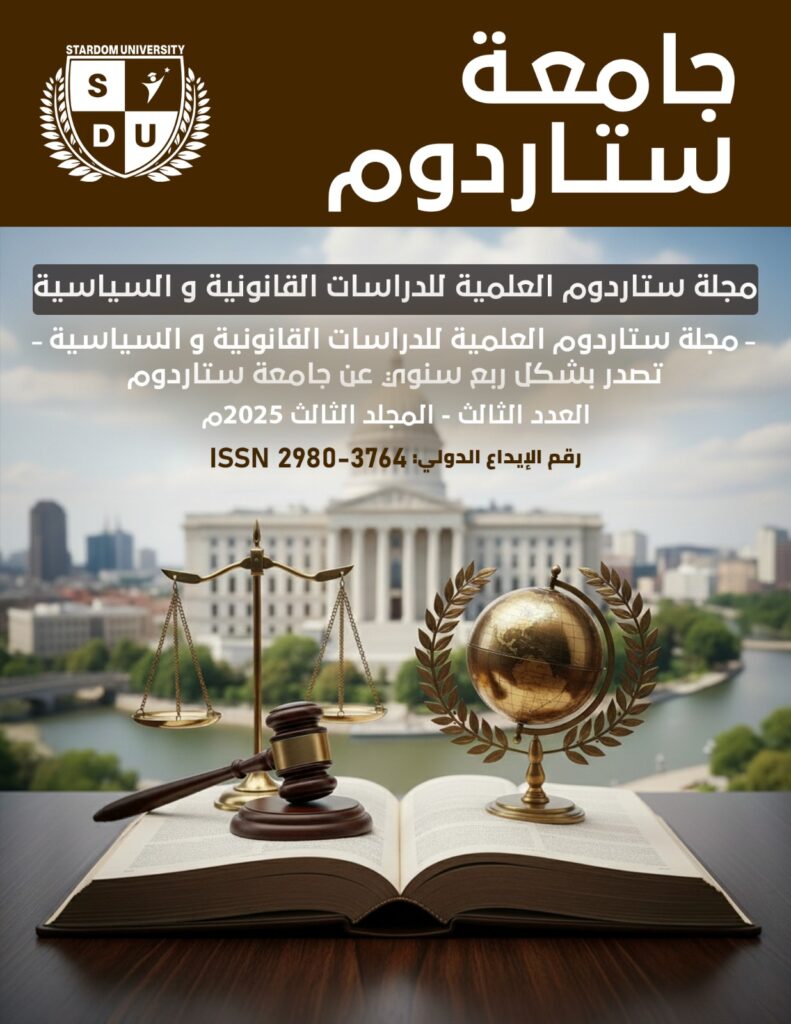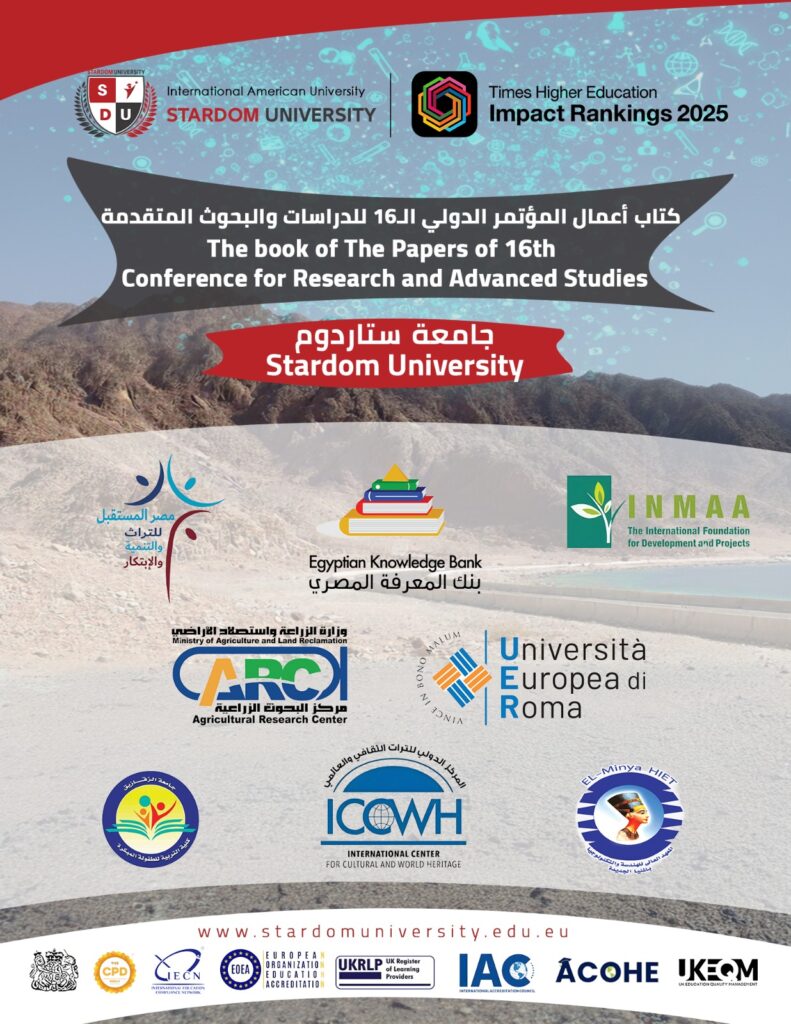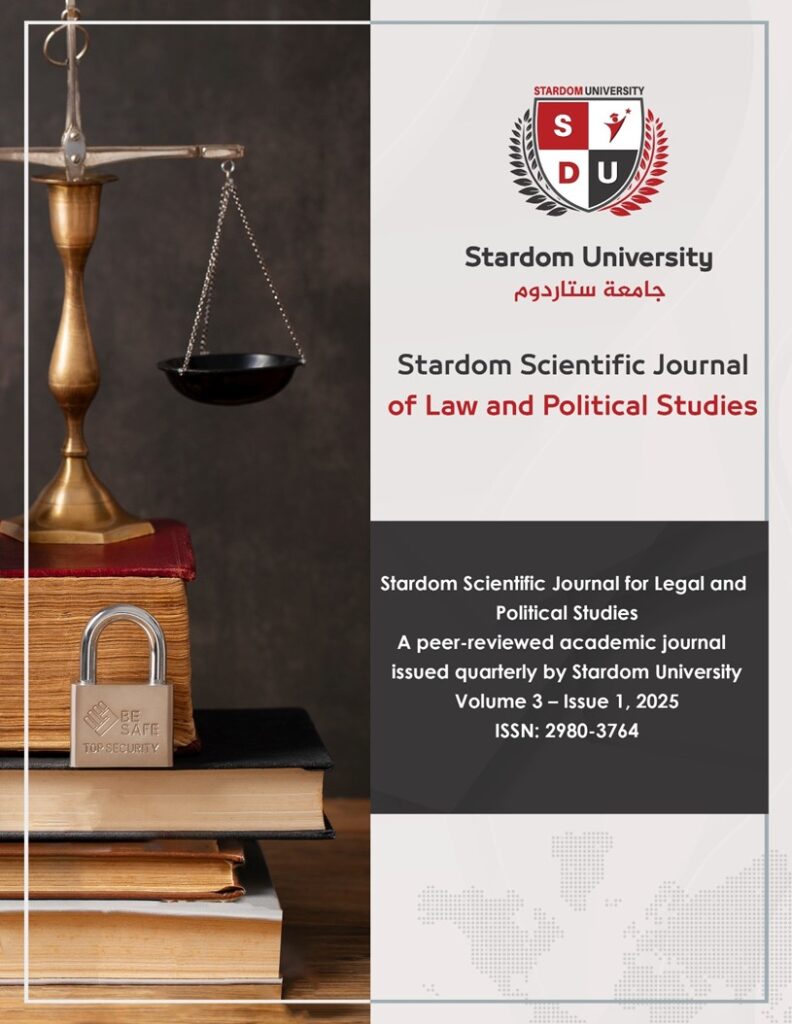- Stradom Journal
This study critically examines the application of International Humanitarian Law (IHL) in Non-International Armed Conflicts (NIACs), with specific focus on South Sudan. The study explores the legal limits of protection afforded under IHL during internal armed conflicts, the practical challenges to its implementation, and the broader implications for civilian protection and accountability. South Sudan, plagued by recurring internal conflicts since gaining independence in 2011, offers a compelling case study for understanding the operational gaps between legal norms and the realities on the ground.
The study utilizes a doctrinal legal methodology, focusing on primary sources like Common Article 3 of the 1949 Geneva Convention. Additional Protocol II of 1977, and Customary International Law. Secondary sources including reports by the International Committee of the Red Cross (ICRC), The United Nations Mission in South Sudan (UNMISS) and academic commentaries offer contextual foundations. The analysis situates these legal frameworks within the South Sudanese context, where protracted civil war, ethnic-based violence, and state fragility complicate the enforcement of humanitarian norms.
Key findings reveal that while IHL provides a minimum standard of protection in NIACs, its effectiveness in South Sudan is severely hindered by fragmented armed groups, lack of state capacity, limited dissemination of IHL, and persistent impunity for violations. The absence of robust accountability mechanisms and inadequate domestic incorporation of international norms further erode protection for civilians and humanitarian personnel.
The study recommends the reinforcement of legal and institutional frameworks in South Sudan to align with IHL obligations, increased training for state and non-state actors, and the establishment of hybrid or regional accountability mechanisms. Additionally, enhanced humanitarian coordination and support for transitional justice initiatives are essential to bridge the gap between IHL in principle and in practice. Through this legal analysis, the study contributes to broader discourses on the operationalization of IHL in fragile and conflict-affected states.





